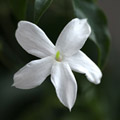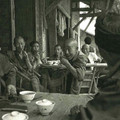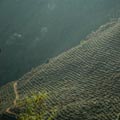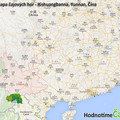Longan
Fotky tagy: Pu-erh
Fotky tagy: Pu-erh

Fotky tagy: Pu-erh
Čaj dle typu
Čaj dle oblastí
Pamatujete si, který čaj jste pili před rokem?
Vytvořte si sbírku svých oblíbených čajů a budete mít přehled, co jste kdy pili.
Pomůžeme vám s výběrem čajů.
Máte rádi kvalitní sypané čaje?
My vám pomůžeme najít ten pravý.
Inspirujte se hodnocením ostatních milovníků čajů. Ve výběru vám pomohou hvězdičky.


Poslední příspěvky
21.06.2018 @ 09:54:35 - sypalino:
Ochutnávka po téměř dalších dvou letech, čajové lístky v suchém stavu stále pěkně voní,...
04.04.2017 @ 09:44:12 - sypalino:
Ochutnávka po 5-ti letech. Chuťově je teď takový převážně ovocný s lehkou...
30.08.2016 @ 08:53:24 - sypalino:
Po delší ochutnávka, jak se čaj vyvíjí. Suchý list si stále drží příjemné aroma, barva...
25.03.2016 @ 19:54:31 - sypalino:
Zdravím, čaj je podle mého soudu vynikající, jako sváteční pití vřele doporučuji, také...
25.03.2016 @ 11:01:46 - massilia:
Už jste někdo pil tento čaj? Celkem mne zajímá, uvažoval jsem o něm jako o takovém...
24.03.2016 @ 10:10:59 - Ondřej:
Hekai 15 mi z loňských Chawang čajů chutnal nejvíc. Loňské jaro prý bylo dobré a na...
23.03.2016 @ 18:58:57 - massilia:
Hmm, ten loňský Hekai jsem ještě nepil. To je tak dobrý, že stojí za celý tong? Obecně...
23.03.2016 @ 13:24:52 - Ondřej:
Nejprve jsem pořídil vzorek a hned poté si objednal jeden kousek. Připravoval jsem ho...
21.03.2016 @ 16:13:09 - massilia:
Zatím jsem ho vařil tak třikrát čtyřikrát. Jednou jsem při oplachu a prvních nálevech...
21.03.2016 @ 13:54:24 - massilia:
Osobně zůstávám na klasice: 4g/100 ml, vařící voda, časy...
Napište hodnocení čaje.
Ohodnoťe čaj, který právě pijete a pomožte dalším milovníkům čaje ve výběru toho pravého šálku.



Témata
Citace
„Všeobecným pravidlem u zelených čajů je zalévání vodou, která prošla varem, ale zchladla na 60-80 °C. Příliš teplá voda způsobí vyluhování tříslovin a dalších substancí a nálev má hořkou chuť až pachuť.“

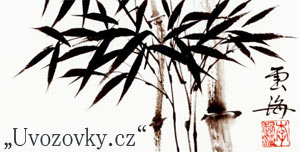


 Obchody
Obchody
 Sdílet na Facebooku
Sdílet na Facebooku




